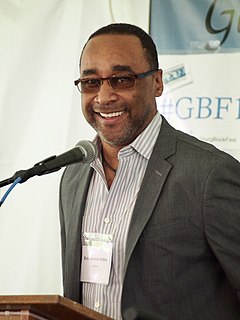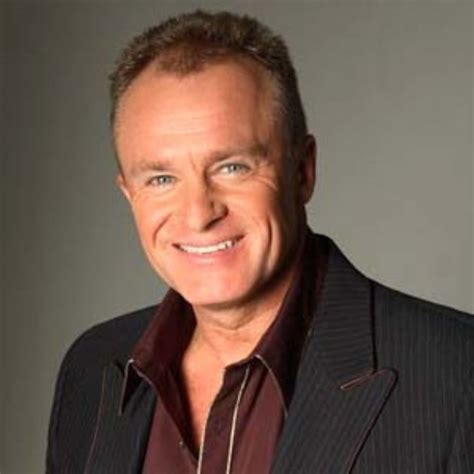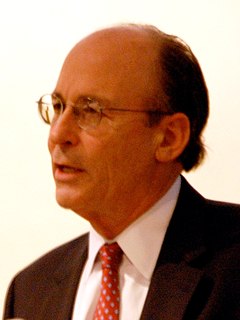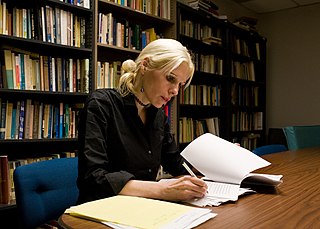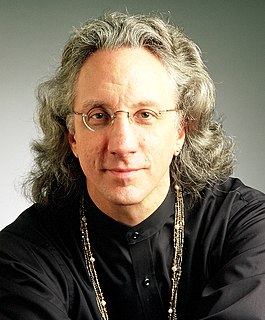A Quote by Richard Ford
I had a Tourette's period. And obsessive compulsive disorder. Things would get in my brain that I couldn't get out of my brain.
Related Quotes
Autism is a neurological disorder. It's not caused by bad parenting. It's caused by, you know, abnormal development in the brain. The emotional circuits in the brain are abnormal. And there also are differences in the white matter, which is the brain's computer cables that hook up the different brain departments.
I had really bad obsessive-compulsive disorder. At its worst, I was compelled to leave my house at three o'clock in the morning and go out in the alley because I just knew that the paper-towel roll I threw in the recycling bin was uncomfortable, like it was lying the wrong way, and I would be down in the garbage.
Insomnia is a variant of Tourette's--the waking brain races, sampling the world after the world has turned away, touching it everywhere, refusing to settle, to join the collective nod. The insomniac brain is a sort of conspiracy theorist as well, believing too much in its own paranoiac importance--as though if it were to blink, then doze, the world might be overrun by some encroaching calamity, which its obsessive musings are somehow fending off.
We're not going to waste our valuable space or your precious energy by giving equal time to stories of tragedy, failure, and tumult. They get far more that their fair share of attention everywhere else. Future historians might even conclude that our age suffered from a collective obsessive-compulsive disorder: the pathological need to repetitively seek out reasons for how bad life is.






